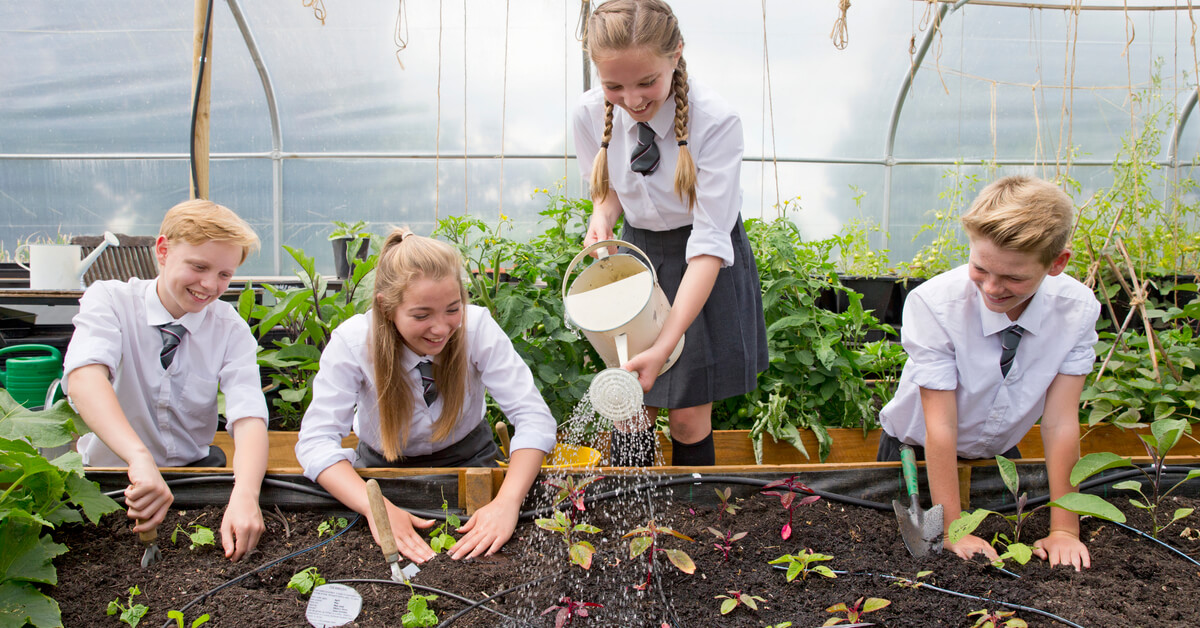In usually frosty Siberia, the temperature hit 118° last week.
In British Columbia and across the northwest U.S., the “heat dome” broke records by orders of magnitude.
If we haven’t figured it out yet, the prelude is over. The truly existential challenge that confronts us is now the main attraction.
The climate is changing. And so must we.
That refrain isn’t new. And as someone who started an environmental club at my high school back in the mid-1980s, none of this comes as a surprise. But it’s feeling like for the world, and for we educators, we are at a profound moment of decision.
I’ll say it again: “Normal” is what got us to this point in the first place. We cannot go “back” there when the pandemic abates in whatever part of the world we’re in.
In education, that means now is the time to:
- Deeply interrogate the relevance of the curriculum we attempt to “deliver” to our students
- Upend the systems and practices that strip students of choice and agency
- Start with centering the mental, emotional, spiritual, and physical wellness of our school community
- Become models of how to live sustainably in the world
- Move away…

